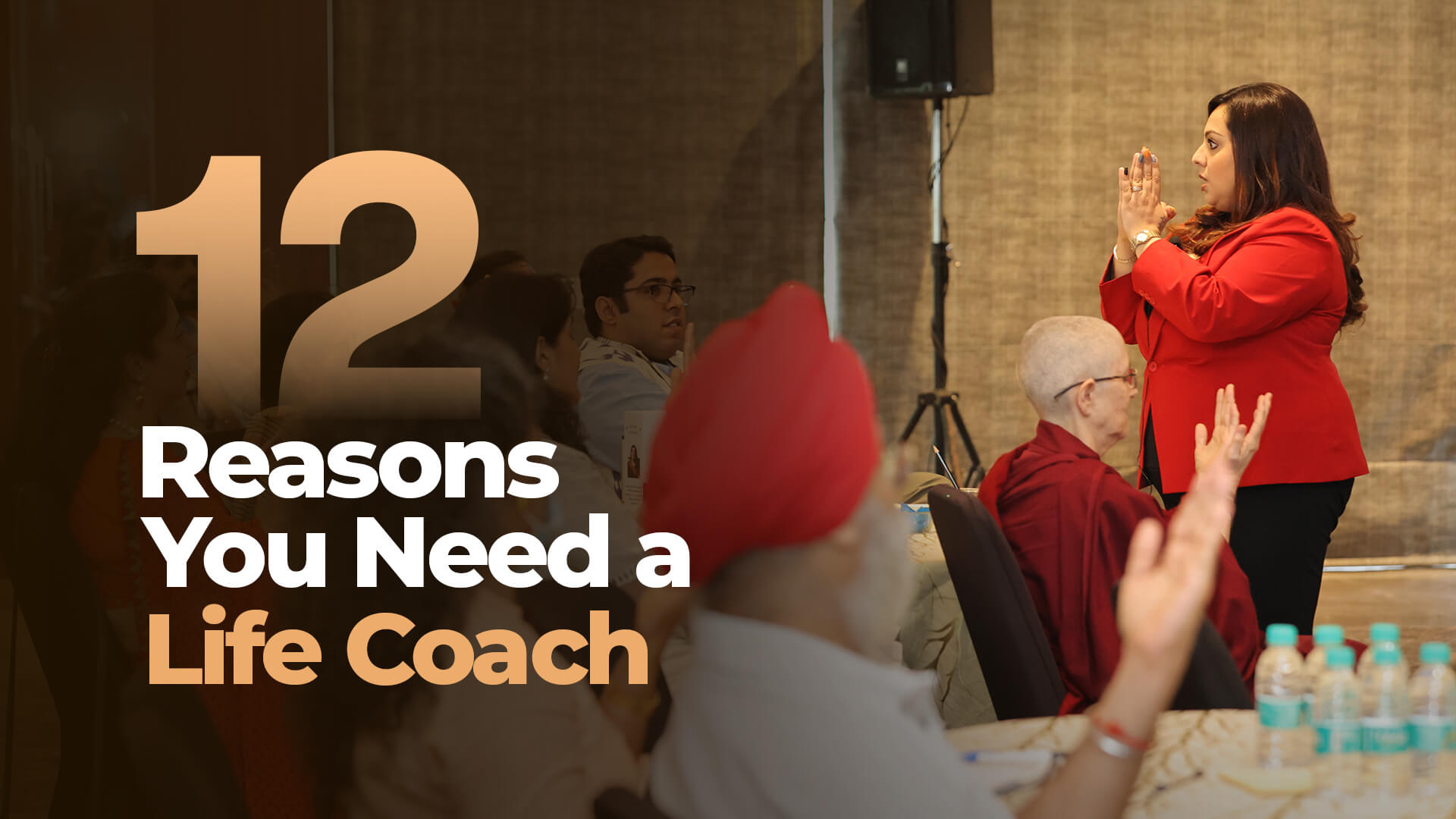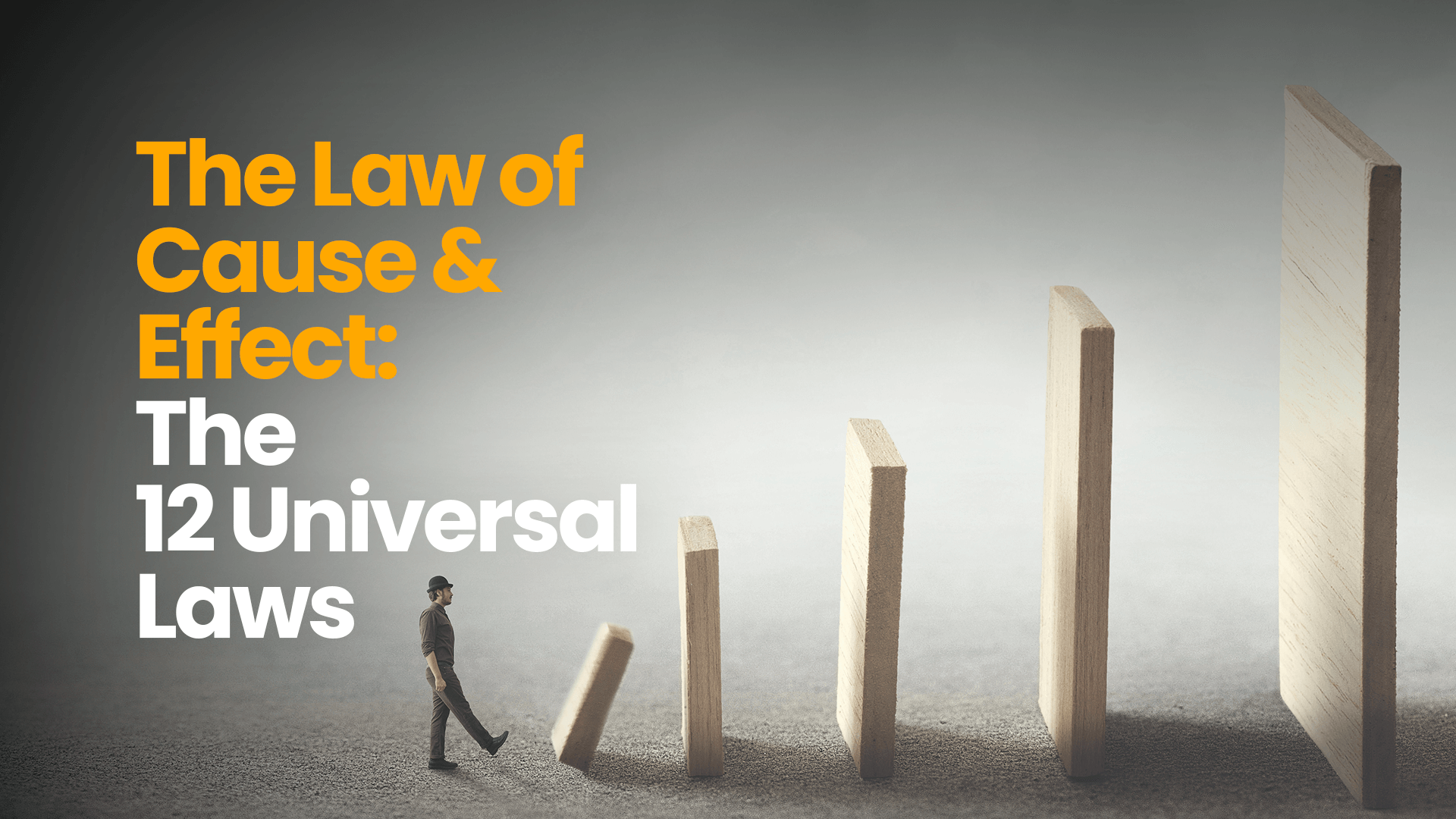Thinking is the cornerstone of prudence, pragmatism and progress. After all, all those common and significant events in our personal life are set in motion by a thought originating in a healthy, thinking brain. While thinking is important to our existence, over thinking can put it into peril. Overthinking, as the name indicates, is a chronic condition where the individual knowingly or unknowingly engrosses his mind too deeply into anything and everything. Here, the “what ifs,” “should haves” and “what’s next” keep the mind preoccupied for the most part, robbing the individual of time and inclination for constructive, relaxing thoughts.
Overthinking resembles a Black Hole in all its intensity and catastrophe. Like the heavenly body, over thinking too is a bottomless pit that lurks in the dark to entice gullible minds into a likely disorientation and destruction. The gravity of obsessive thinking is way too strong, if not inescapable, for most humans, leaving them to lead an inconsistent, unstable life burdened with several self-made challenges. The individual often seeks answers to insignificant questions and creates real and unreal situations that are better left unanalyzed. This negative thinking pattern is continuous, repeating itself moment-by-moment, hour-by-hour and day-by-day.
How detrimental is over worrying:
The effects of over worrying cannot be measured but only felt. In fact, overthinking is a front for all negative emotions – from fear to rage to distrust and more. The negative emotions override decisions, interfere with clear thinking and undermine problem- solving capabilities. If left unattended, they often contribute to the multiple psychological disorders, including depression, anxiety, delineation from reality and even suicidal tendencies in extreme cases. The physical health is also impaired, as the over thinker often ends up with insomnia, headaches, fatigue, muscle stiffness and several other conditions requiring elaborate medical intervention.
Let’s consider a study by Professor Susan Nolen, a former Chairperson of the University of Michigan’s Department of Psychology, to put everything in perspective.

- The report brings to fore the universality of the phenomena, as it is prevalent across all ends of the socio-economic scale, cultures, age groups, genders, and geographies.
- Although no one is immune to over worrying, the trend is more prominent among women with 57% of them being affected vis-à-vis 43% of males.
- About 73% of young adults, belonging to the 25-35 years age group, are prone to this epidemic while the percentage is 52 for 45-55 year olds. Surprisingly, the percentage plummets to 20 per cent in the 65-75 years age group.
- The report makes no bones about how over thinkers often fall prey to indulgent ways, exposing themselves to drugs, alcohol and increased food intake.
How to keep the issue at bay :
The exact reasons for obsessive thinking are not available with some attributing it to genes while the rest to socio-economic circumstances. However, there are effective strategies to counter the condition, few of which are discussed below. The idea is to guide your way to wellness.
- Identify the root cause: Overthinking is an individualized issue, as each person has his/her own set of triggers. As such, the recovery strategy has to be individualised. Simply put, you need to identify factors that kick-start the chain of thoughts in your mind. Your triggers can be an embarrassing event or unfriendly conversation in the recent past or a disaster scenario that you anticipate in future. Once identified, analyze them with a fresh perspective and problem-solving mindset, which will help you develop a suitable response to the disorder. However, stay away from over analysis.
- Inculcate positivity: Overthinkers are often troubled by the fear of the unknown, leading to cognitive distortion. In this condition, the mind tends to exaggerate future challenges to the point of invincibility, leaving the over thinker low on confidence and self-esteem. The way out of this devastating situation is to cultivate positivity. You need to count your blessings, revisit your past successes and restore faith in your abilities. Thoughtful affirmations or chants can also help you achieve the cognitive restructuring.
- Meditate: Meditation comes with a number of benefits, providing you with a spiritual leverage, mental and emotional stability and stress release. A streamlined thought process is an added advantage, allowing you to exercise greater control over the nature, duration and intensity of your thoughts. The benefits are multiplied when meditation is used in conjunction with various forms of Yoga, including Pranayama.
- Mindfulness: Mindfulness is a proven hedge and response against over worrying. It is a state of mind where you are in the know of the happenings around you and responds to them practically. While overthinking takes you away from reality, mindfulness keeps you firmly rooted in the present moment, making them antitheses of each other.
- Physical activity: When you engage in any physical activity, your thought process is diluted and diverted, providing an instant relief from the horrors of obsessive thinking. Just take time from your tight schedules for any light sport – be it tennis, cycling or badminton – and see for yourself how overthinking gradually minimises. Engaging in learning a new sport or any other physical activity is also recommended.
Energy healing:
As per the popular perception, the analogy between Black Hole and Overthinking holds true in recovery as well. Once you cross the “Event Horizon” of obsessive thinking, returning back may not be an option, irrespective of how religiously the above- mentioned strategies are followed. In such a grim scenario, victims need a helping hand that can make the difference. Energy healing is that helping hand capable of transforming lives efficiently, naturally and safely. The therapeutic science is based on the concept of harnessing energy, read life force, for health and spiritual gains. It is
basically a multi-modality approach consisting of ancient practices, such as, but not limited to, Reflexology, Chakra Healing, Reiki, Acupuncture and Qigong.
Besides correcting the obsessive thinking disorder, Energy Healing is said to ensure recovery from serious conditions, including cancers, injuries and diabetics among others. Aesthetic, emotional and mental benefits also come by default with this therapeutic approach.
Reach Dr. Chandni’s support team at +918800006786 and book an appointment.











Nice blog, how come I never saw your articles before, bookmarked your website to revisit
Unable to sit for my meditations these days, I think I might need a session. Thanks for making me realise. Nice article 🙂
I will follow your 5 tips here and let you know my progress soon.
This is the main reason for all my stress and worries, I think I have found you not by online accident, I have realised it’s high time I look into my issues and face them. Thank you so much. I will contact you on the numbers given on your website & hope to see you soon and get a final resolution to my self inducing worries.
Your articles are soo to the point and informative. Sharing this piece within my friend WhatsApp cirles. Best of luck to you.
Thanks for your blog, nice to read. Do not stop.